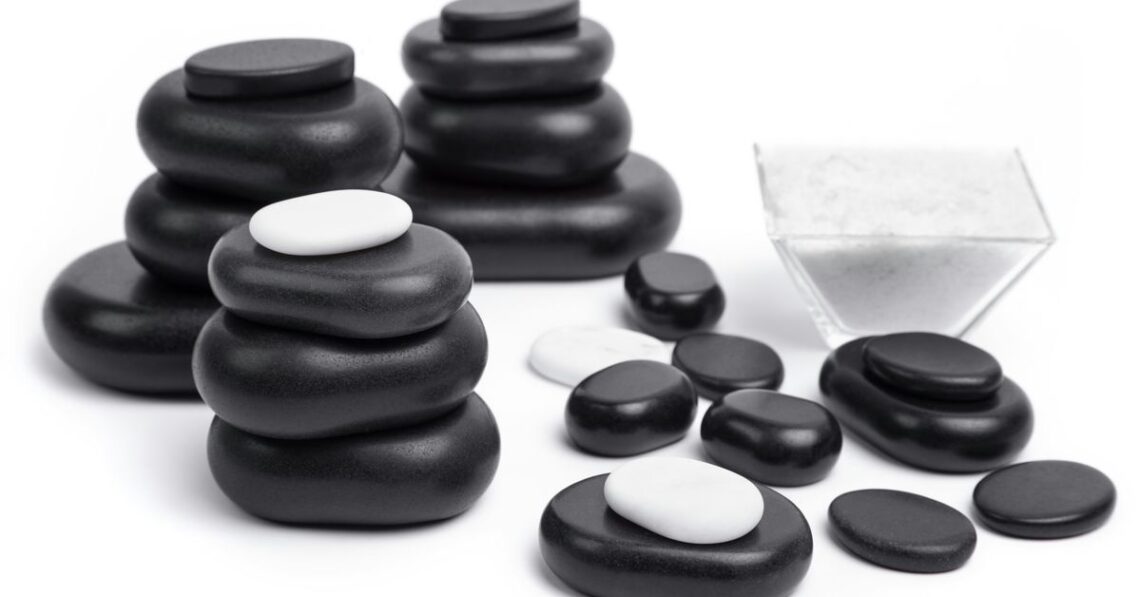Could Your Social Circle Be the Secret to Better Health Outcomes?
Let’s face it: we all know that eating kale and hitting the gym can boost our health, but what if I told you that the key to a longer, healthier life might just be the people you surround yourself with? It sounds a bit like a fortune cookie cliché, doesn’t it? But there’s growing evidence suggesting that our social circles can significantly influence our health outcomes. It struck me that this connection between social relationships and health is often overlooked in favor of more tangible lifestyle changes. Yet, what if the support— or lack thereof— from friends and family is just as crucial?
The Social Connection
First, let’s dissect this notion of social circles. When we refer to our social circle, we’re not just talking about that group of friends who binge-watch reality TV shows with you on Friday nights (though they certainly count). We’re looking at a broader spectrum: family, friends, colleagues, and even acquaintances. A significant body of research indicates that social connections can have a profound impact on both physical and mental health.
Consider this: studies have shown that individuals with strong social ties tend to live longer. A classic study conducted by researchers at Brigham Young University revealed that lacking social connections can be as detrimental to health as smoking 15 cigarettes a day. That’s not a typo—fifteen! It’s as if our social lives are a secret ingredient to the recipe of longevity.
The Science Behind Social Connections
So, what’s the science behind this phenomenon? It turns out that our social interactions can influence a range of health outcomes, from heart disease to mental health issues. According to studies published in various health journals, the explanation often revolves around a few key mechanisms:
- Stress Reduction: Interacting with friends or family can serve as a buffer against stress. When we’re surrounded by supportive individuals, our bodies produce lower levels of cortisol, the stress hormone. Less stress often translates to better health.
- Encouragement for Healthy Behaviors: Friends can influence our lifestyle choices. If your best friend decides to join a yoga class, you might find yourself signing up too. Social circles often promote healthier habits through peer pressure— the good kind!
- Emotional Support: Having someone to talk to during tough times can help mitigate feelings of loneliness and depression. Emotional well-being plays a significant role in overall health, and social support is a crucial component of that.
Research by Julianne Holt-Lunstad, a psychologist at Brigham Young University, has shown that social relationships can indeed affect health outcomes. In one of her studies, she found that individuals with strong social ties had a 50% increased likelihood of survival compared to those with weaker social connections. That’s a staggering statistic!
Real-Life Examples
Now, let’s look at some real-life examples to illustrate these points. There’s the story of my neighbor, Bob, who was a quintessential “loner.” He rarely ventured out of his house and spent most of his time tinkering with his old car. After suffering a mild heart attack, he realized that isolation wasn’t doing him any favors. With a little encouragement, Bob joined a local community center. Within weeks, he was participating in group fitness classes and even making new friends who shared his passion for cars. Not only did his physical health improve, but his mental health flourished as well. Bob went from being a recluse to the life of the block party!
Similarly, a friend of mine, Sarah, who had been battling anxiety, found solace in a book club. She always loved reading, but it was the social aspect that helped her the most. By engaging with others, she not only expanded her literary horizons but also built a support network that made her feel less alone. The laughter shared over a good book often overshadowed her worries.
How to Cultivate a Healthier Social Circle
Now, you might be wondering how to tap into this life-enhancing power of social connections. It’s not about collecting friends like Pokémon cards; it’s about nurturing quality relationships that foster support and positivity. Here are a few strategies to consider:
- Seek Out Like-Minded Individuals: Whether it’s joining a sports team, a book club, or a cooking class, find groups that share your interests. Shared passions can strengthen bonds and encourage healthy behaviors.
- Reconnect with Old Friends: Sometimes, reaching out to old friends can reignite connections that may have become dormant. A simple message to check in can go a long way.
- Be Present: It’s easy to get caught up in the hustle and bustle of life. Make a conscious effort to spend quality time with loved ones. Put down the phone and engage in meaningful conversations.
- Offer Support: Building a supportive network is a two-way street. Be the friend who listens and encourages others. The act of giving support can also provide a sense of fulfillment.
Social Media: A Double-Edged Sword
In today’s digital age, social media plays a prominent role in how we connect with others. While platforms like Facebook and Instagram can provide a sense of community, they can also contribute to feelings of isolation and inadequacy. It’s a bit like having a buffet of social interactions—plenty of options, but you might just end up feeling stuffed yet unsatisfied.
Research indicates that excessive use of social media can lead to increased feelings of loneliness and depression, particularly among younger generations. It’s worth considering how we engage with these platforms. Instead of mindlessly scrolling through feeds, make an effort to reach out and connect with friends online. A thoughtful comment or a shared memory can bridge the gap that social media so often creates.
The Role of Family
Family dynamics play a pivotal role in shaping our social circles. The support system provided by family members often serves as the foundation for our social interactions. In many cultures, family ties are paramount, and the emotional support derived from these relationships can bolster mental and physical health.
It’s fascinating how family gatherings—be it holidays, birthdays, or Sunday dinners—can uplift spirits. I can’t help but chuckle when I think about my family’s chaotic Thanksgiving dinners, where the food is almost secondary to the laughter and love shared around the table. Those moments of connection, despite the occasional bickering over who gets the last piece of pumpkin pie, contribute to our overall well-being.
Community Engagement and Health
Beyond friends and family, community involvement can also provide a significant boost to health outcomes. Volunteering for local charities, participating in neighborhood events, or joining community boards can forge connections that enhance your social network while providing a sense of purpose. It’s like a win-win situation—helping others while helping yourself.
For example, a community garden project not only beautifies an area but also brings people together. Residents work side by side, sharing stories, laughter, and even gardening tips. These interactions can lead to friendships that extend beyond the garden, creating a network of support that can help during tough times.
The Bottom Line
As we delve deeper into the connection between social circles and health outcomes, it becomes increasingly clear that nurturing our relationships is more than just a social nicety; it’s a vital component of our overall well-being. While eating healthy and exercising are important, they don’t exist in a vacuum. The people we surround ourselves with can either uplift us or weigh us down.
So, take a moment to evaluate your social connections. Are they enriching your life? Are they encouraging you to be the best version of yourself? If the answer is no, it might be time to make some changes. Seek out those who inspire you, engage in meaningful conversations, and don’t hesitate to step outside your comfort zone. Who knows? Your next great friendship—or your next health breakthrough—might be just around the corner.
In conclusion, while kale smoothies and spin classes have their merits, don’t underestimate the power of a good laugh with friends or a heartfelt conversation with family. Who would have thought that the secret to a healthier life could be as simple as investing in your social circle? Embrace the connections that lift you up, and watch your health thrive.
As you ponder this, remember: life is too short to only hang out with people who don’t make you feel fabulous. So, go ahead—pick up the phone, shoot a text, or plan a coffee date. Your health just might thank you for it!






